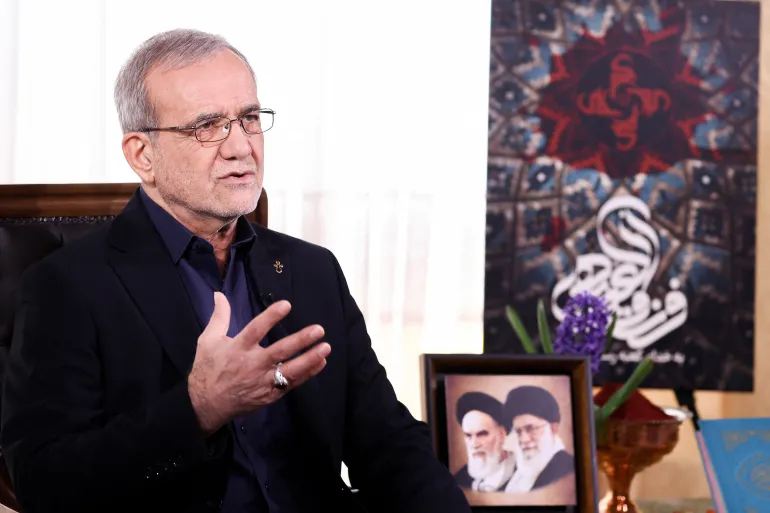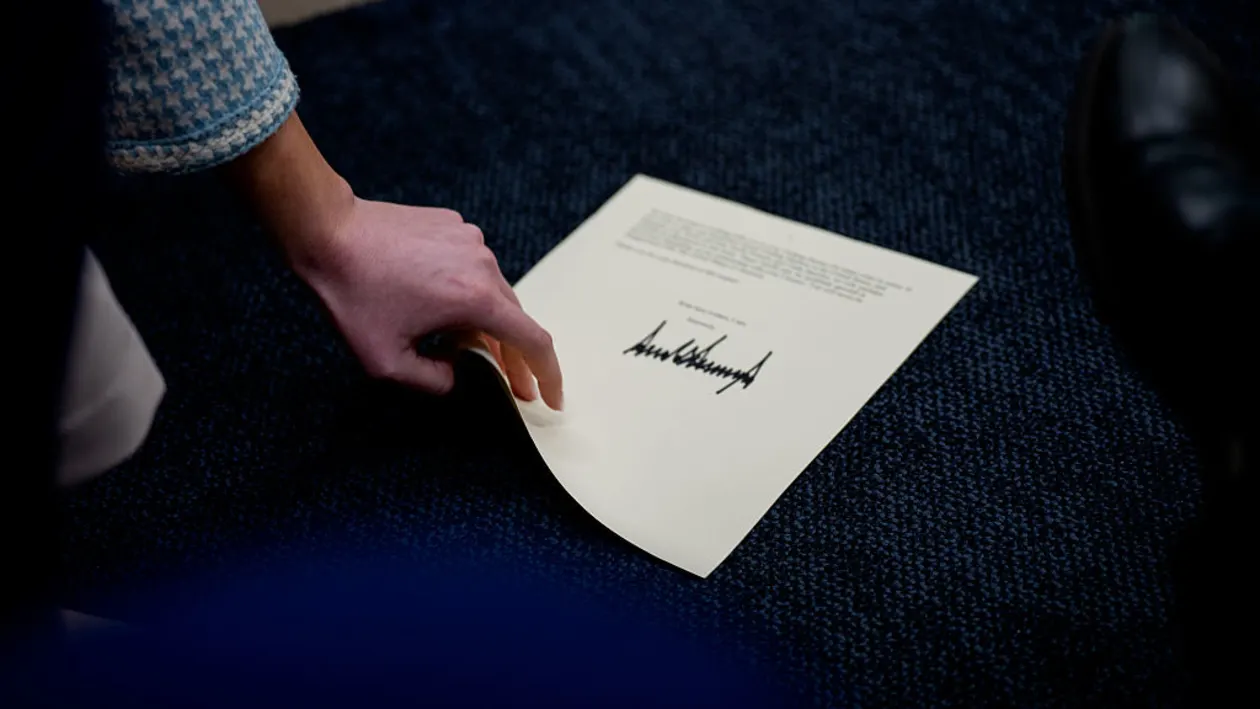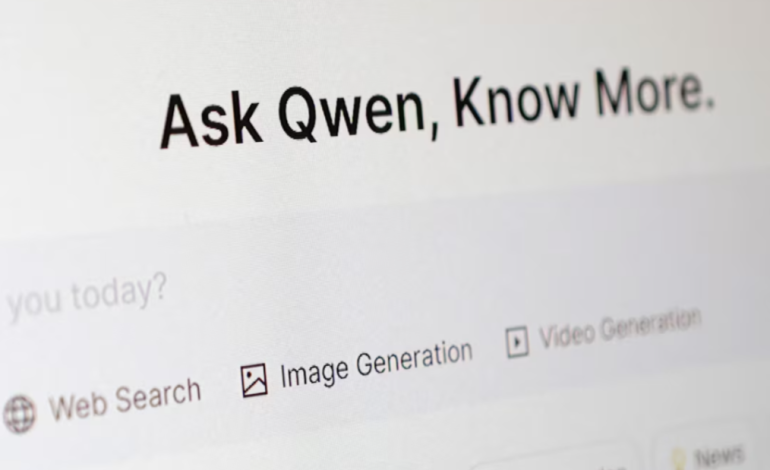Huawei’s artificial intelligence research unit has pushed back against allegations that its large language model (LLM), Pangu Pro Moe, is based on Alibaba’s Qwen 2.5 14B, Reuters reports.
The company asserts that its AI model was independently developed and trained.
The claims originated from a recently published paper by a group identifying itself as HonestAGI, posted on GitHub. The paper argued that Huawei’s Pangu Pro Moe demonstrated “extraordinary correlation” with Alibaba’s Qwen model, suggesting it may not have been trained from scratch. The paper also raised concerns about possible copyright infringement, misrepresentation of technical details, and potentially overstated investment by Huawei in the model’s development.
In response, Noah’s Ark Lab, Huawei’s AI research division, issued a statement on Saturday denying the allegations. The lab stated that Pangu Pro Moe “was not based on incremental training of other manufacturers’ models” and had been “independently developed with key innovations in architecture and technical design.” Huawei also noted that it is the first major language model trained entirely on its in-house Ascend chips.
While the lab acknowledged using third-party open-source code, it emphasized that its team complied strictly with licensing requirements. However, it did not detail which open-source resources were referenced.
Alibaba has not publicly responded to the allegations. Reuters was also unable to identify or contact the individuals or organizations behind HonestAGI.
The dispute emerges amid rising competition among Chinese tech firms in the AI space. Alibaba’s Qwen 2.5-14B model, released in May 2024, is a smaller, more portable model designed for devices like PCs and smartphones. Huawei, meanwhile, launched its original Pangu model in 2021 but has faced criticism for trailing behind competitors in commercial deployment and innovation.
In a strategic move, Huawei open-sourced its Pangu Pro Moe model via GitCode, a Chinese developer platform, in June. Unlike Alibaba’s Qwen, which includes consumer-facing applications such as chatbot interfaces, Huawei’s Pangu models are primarily geared toward enterprise use cases in sectors such as government, finance, and manufacturing.










The latest news in your social feeds
Subscribe to our social media platforms to stay tuned